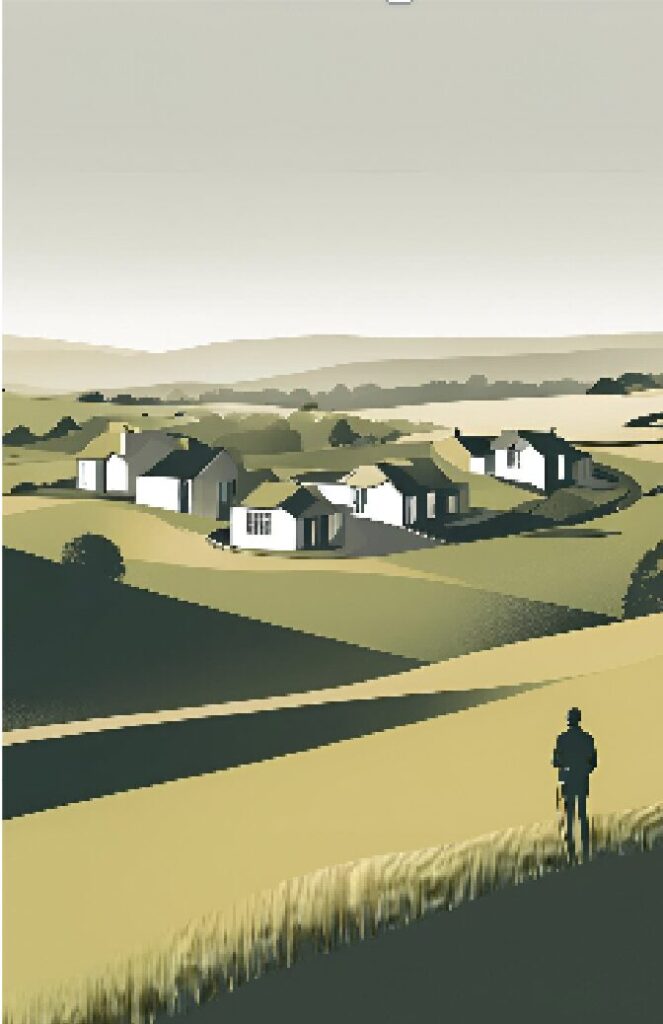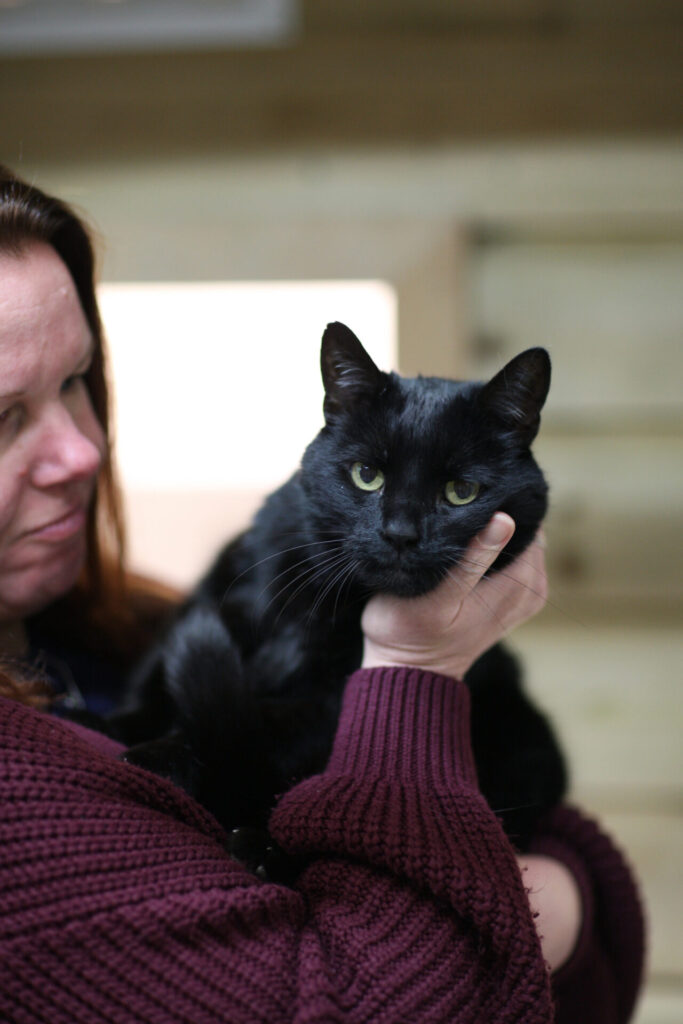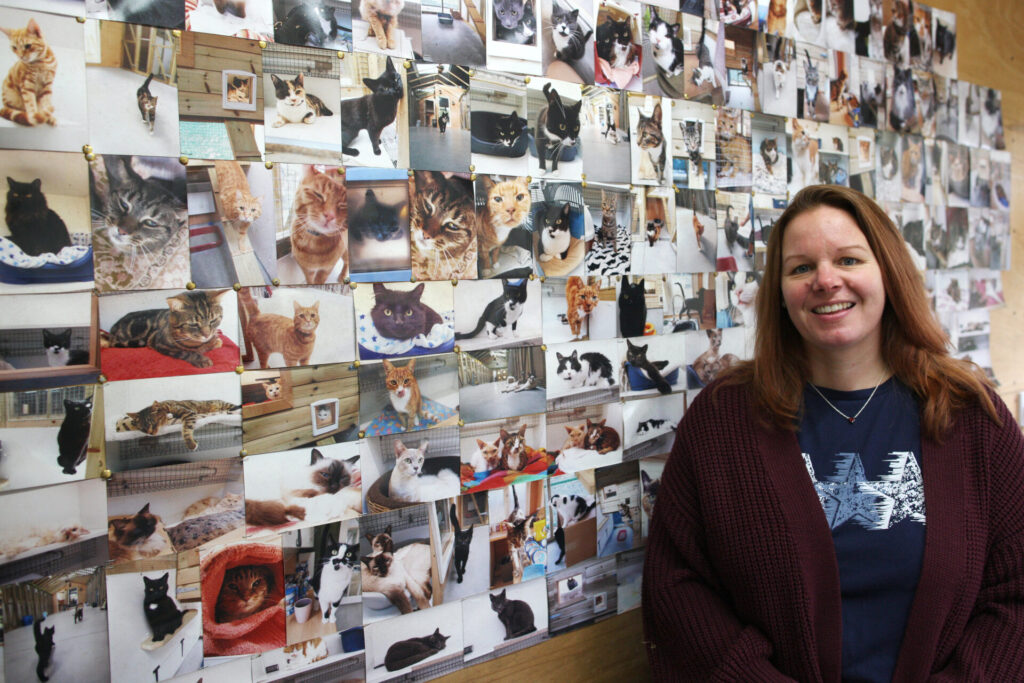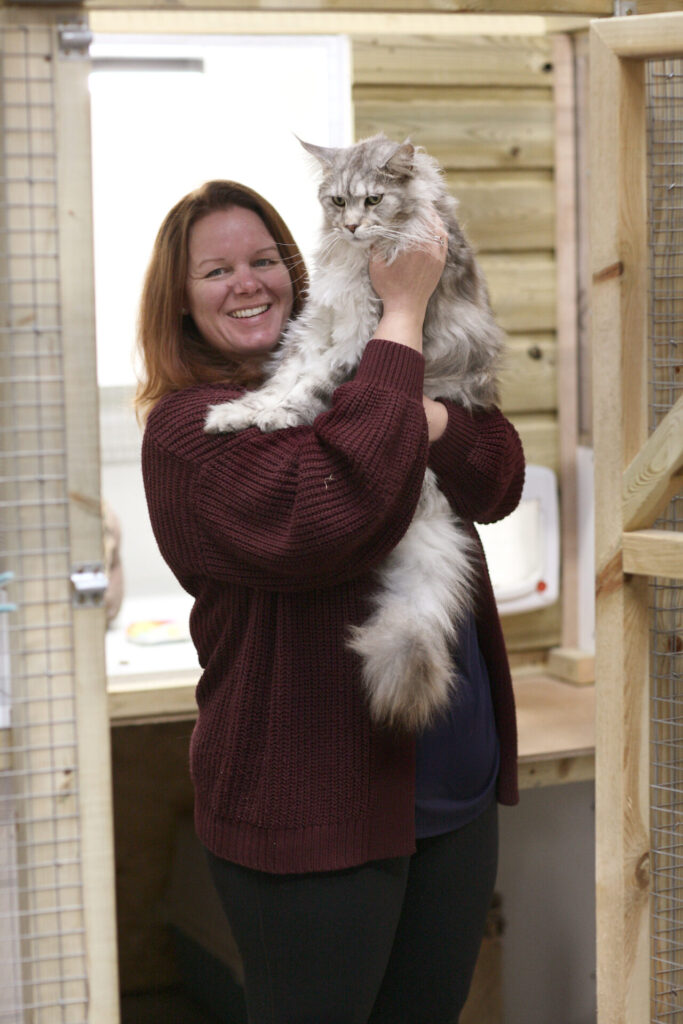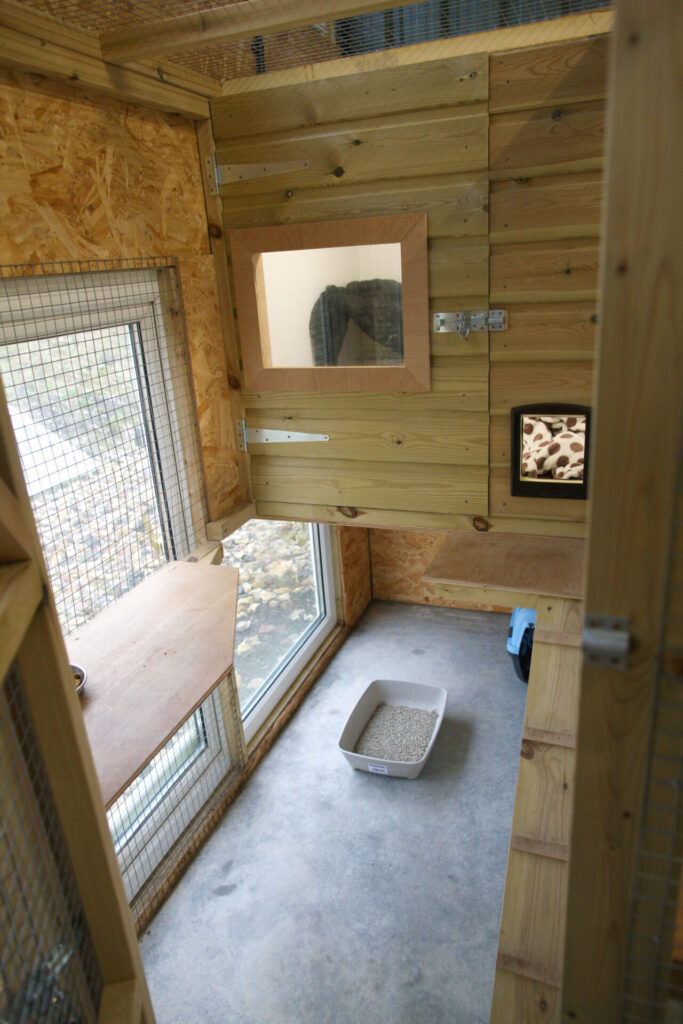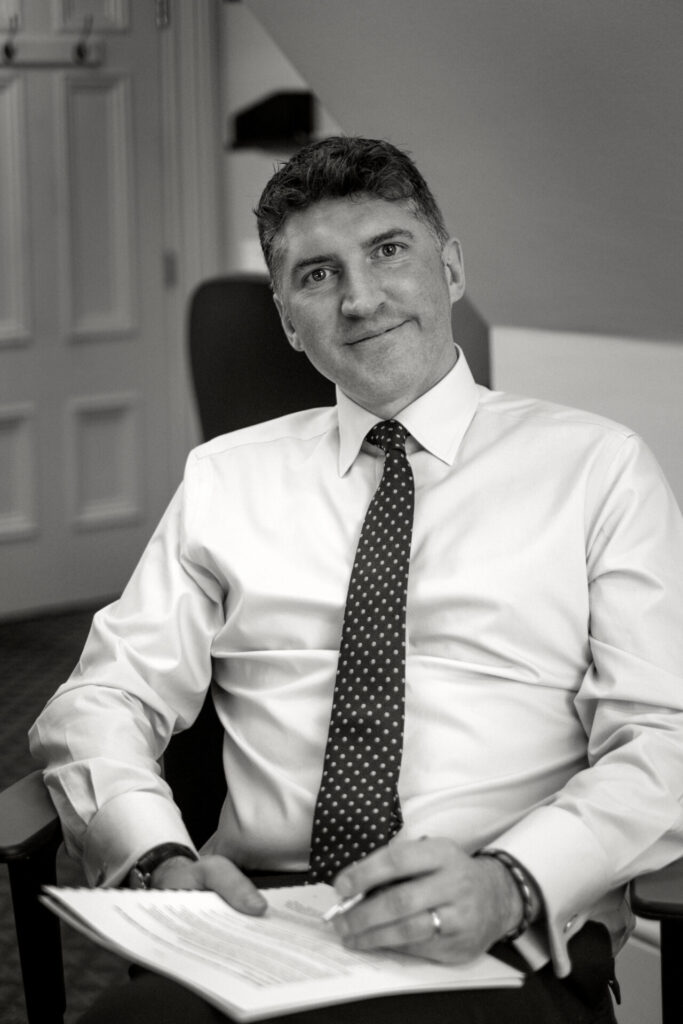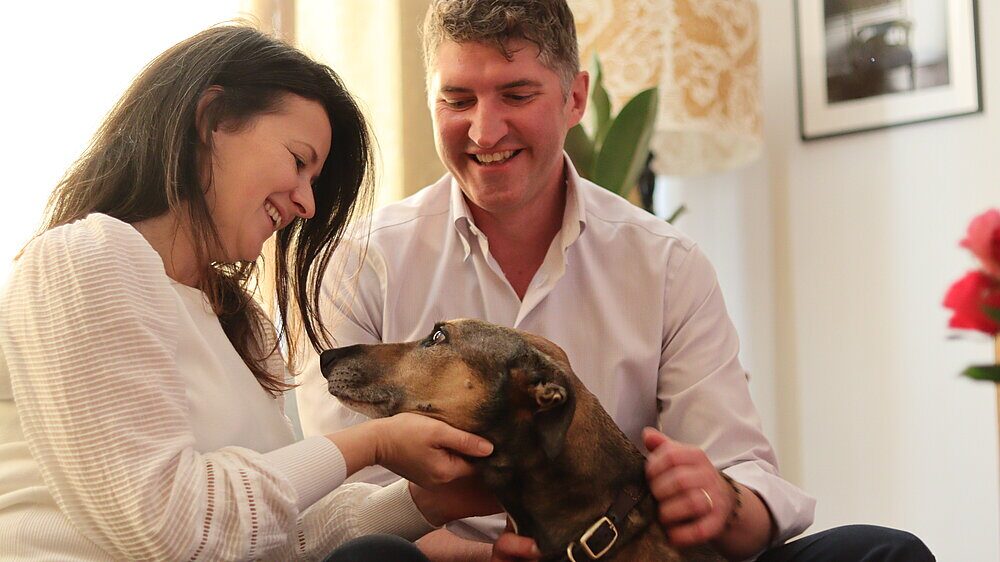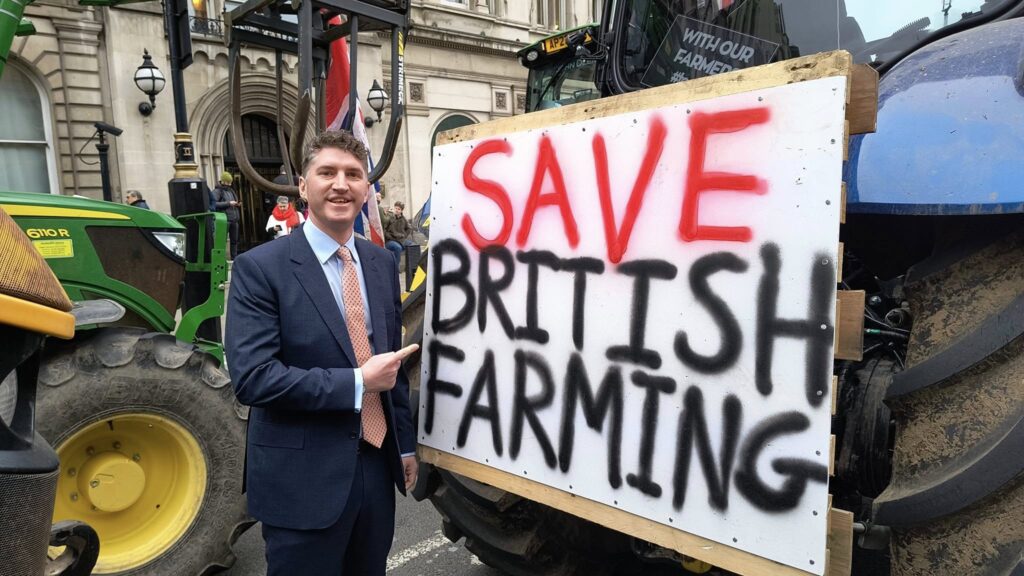The BV takes a look inside the Countryside Alliance’s fight to protect rural traditions and livelihoods and to drive sustainable countryside policies

Many people have heard of the Countryside Alliance, but how much do you really know about the work they do? From championing rural communities to protecting country traditions, the charity plays a key role in shaping countryside policies and debates. The BV magazine sat down with the Countryside Alliance to learn more about their work and the challenges they tackle.
What is the Countryside Alliance?
It’s a leading membership organisation which aims to promote and protect the rural way of life. Our work spans rural advocacy, wildlife conservation, field sports and supporting the rural economy. We are a voice for the countryside, ensuring that government, media and the wider general public understand the value and importance of rural life.
What type of issues does the Countryside Alliance campaign for?
Quite simply, we campaign on issues that matter to those who live and work in the countryside. We work to publicise the economic, social and environmental contribution that activities like hunting, shooting and the countryside as a whole make to the national economy and quality of life. From digital connectivity and supporting local businesses to educating on rural crime and advocating for farmers up and down the country, our campaigns are constantly evolving.
How did the Countryside Alliance influence policy, defend rural traditions, and amplify rural voices in 2024?
During the general election campaign our supporters sent more than 50,000 emails to candidates, championing the rural way of life. We launched our own manifesto for the countryside – the Rural Charter – and held events at all the major party conferences throughout the year to influence the policy of all parties.
Through a Campaign for Hunting initiative, more than 10,500 supporters lobbied Steve Reed (now Labour Secretary of State for Environment, Food and Rural Affairs) following his pre-election announcement that Labour would ban trail hunting. Our Action for Hunting communications regularly engage with more than 17,000 people, and we held ten regional briefings on the future of hunting last summer.
Lastly, we launched the ‘Value of Shooting’ report in 2024. The Campaign for Shooting showed that shooting contributes £3.3bn to the UK economy annually, and supports the equivalent of 67,000 full-time jobs. With more than 14,000 people actively engaged with our work on shooting we have challenged the RSPB on their bird crime figures and have continued to stand up for the shooting community when it faces hostile attacks.

And exactly how does the Countryside Alliance support the farming community?
We have been at the forefront of opposing the proposed “family farm tax”, launching the Fight the Farm Tax campaign which has mobilised farmers and the public against the tax, engaging with the media to articulate the concerns of farmers and rural communities. The Alliance has also supported local government opposition to the proposed tax changes, reflecting a growing town hall rebellion.
In what way does the Countryside Alliance support rural businesses?
Affectionately known as the Rural Oscars, the Countryside Alliance Awards provide recognition and visibility for the countryside while celebrating rural businesses and communities. More than 1,000 rural businesses are nominated each year, and over 40,000 people vote to support their favourite rural businesses.
This ensures both regional and national recognition of smaller rural businesses which might often go unnoticed. Many winners report significant boosts in recognition and revenue, with some expanding their operations after receiving the Award.
How does the Countryside Alliance protect lawful hunting activities and shooting?
Our aim is to achieve a better understanding and acceptance of lawful hunting and shooting activities, protecting them from bias, misinformation and over-regulation to ensure they have a long-term and sustainable future. Through consultations, meetings and events with politicians, policymakers and civil servants, we promote real rural issues in Westminster and across the devolved administrations to ensure that law and policy support the needs of those whose lives it directly affects.
Come racing at Badbury Rings!
The ever-popular Countryside Alliance point-to-point returns to Badbury Rings on Sunday 23 February, with tickets available to buy online.
Gates open at 10am, with the first race starting at 12 noon.
So that provides ample time for racegoers to arrive early, explore the shopping stalls, enjoy the entertainment …and maybe even place a bet with the bookmakers before the first race!
pointtopoint.co.uk





